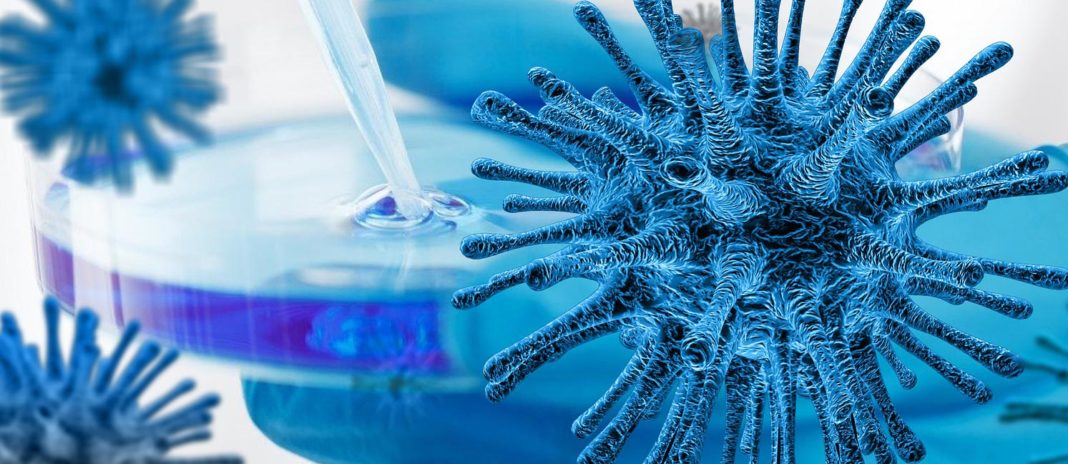Vaccitech officials say the company received a U.K. government grant to support research with its next-generation technology platform to protect against COVID-19. The grant is part of the UKRI-NIHR COVID-19 rapid response rolling call for proposals with potential to deliver public health impacts within 12 months.
Preclinical data indicate Vaccitech’s new platform induces antibody and cell-mediated immune responses when compared with the adenoviral platforms currently in vaccine trials for COVID-19, according to Bill Enright, Vaccitech CEO. The preclinical data informed the decision of UK Research and Innovation (UKRI) and the National Institute for Health Research (NIHR), and other funders, including the World Health Organization (WHO), to support Vaccitech’s research efforts, he added.
Vaccitech was awarded £155k for the first phase of the project worth up to £2.3m in funding. With the grant proceeds, Vaccitech will complete preclinical studies and manufacture sufficient quantities required to initiate a Phase 1 clinical study of its new COVID-19 vaccine candidate in 2021. Depending on clinical success, the vaccine could be a standalone product candidate and/or could be used to improve upon regimens of first-generation COVID-19 vaccines, continued Enright who noted that if successful, the same technology platform could also be used in future epidemics to produce a vaccine against the relevant infectious agent quickly and effectively.
“We are excited with this government recognition and support to rapidly advance our innovative technologies and potentially bring additional tools in the fight against this global pandemic,” said Bill Enright, Vaccitech CEO.
Vaccitech continues to innovate, refine, and optimize its platform technologies to prevent and treat infectious diseases and cancer. The new platform is a result of the company’s research into the cutting-edge of immunotherapy. It is designed for potential synergy with Vaccitech’s existing ChAdOx (prime) and MVA (boost) platform approach.






